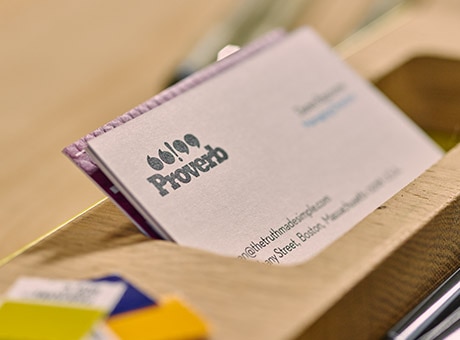Trying to sort out your assets? All businesses have assets that fall into either intangible or tangible categories. Intangible assets are assets with no physical form. Business trademarks, brand names, technologies, and patents are intangible assets.

What Are Intangible Assets?
Definite and Indefinite Intangible Assets
Intangible assets fall into one of two categories: definite or indefinite. Definite intangible assets belong to your business for a specified length of time. For example, if you hold a Canadian patent on your invention, the patent is good for 20 years from the date you apply for it, which makes it a definite intangible asset. However, the brand name of your invention or product is an indefinite intangible asset because your ownership of it doesn’t end after a set amount of time. It belongs to your business forever.
Intangible Assets in Accounting
When your business reports an intangible asset, including a patent, in accounting, your bookkeeper must add up all the costs incurred to create or purchase the asset. For example, say your company pays $20,000 to develop a technology, $5,000 to a patent attorney to patent this technology, and $3,000 in filing fees and other costs related to obtaining the patent. You’ve incurred $28,000 in expenses, which you expense as you go and then write off.
Your intangible asset may have cost you $28,000, yet it’s worth $1 million. Under accounting principles, your intangible asset’s value doesn’t get reported on your balance sheet, and it doesn’t have any book value of record. But if you sell your company, the selling price should be much higher than the book value of your business. That’s because at that point, your bookkeeper or accountant adds in the value of the intangible asset. Once the purchaser acquires your business, they show the intangible asset on their balance sheet as a long-term asset.
Your business has valuable intangible assets and tangible assets, including cash, and you want to protect all of them. To help protect and track their assets, 4.3 million customers use QuickBooks. Join them today for free to help your business thrive.


